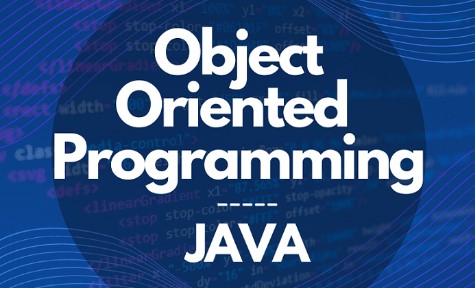
OOPs Concepts in Java – 4 Basic Concepts
Apr 16, 2025 3 Min Read 7114 Views
(Last Updated)
During technical interviews, it is a must for interviewers to ask questions based on concepts like OOPs, DSA, SQL, etc. OOPs is the easiest concept which you even prepare well in a few weeks. If you have a good grip on OOPs concepts, the chance of getting placement-ready and grabbing a job with a good package increases.
Talking about the language, which is object-oriented, we have Java, C++, C#, and Python. OOPs can be used with many other languages, but, since Java is used by most of the big tech companies, we’ll be mainly focusing on OOPs concepts in Java.
To help you ease your learning, this blog is based on the basic concepts of OOPs in Java, which could help you to clear tech interviews. Let’s also discuss what is OOPs actually.
Table of contents
- What are OOPs Concepts?
- What are OOPs in Java?
- OOPS Concepts in Java
- Object
- Class
- Abstraction
- Inheritance
- Polymorphism
- Encapsulation
- Advantages of OOPS
- Conclusion
What are OOPs Concepts?
Object-oriented programming is used to design a program that could use classes, objects, methods, etc. You have to define the type of data (data types like int, float, double, etc.) of the data structure and the operations applied to it. Here, the entities are referred to as objects which could be used in the program so as to do the operations.
OOPs, are used to work on real-world entities like inheritance, hiding, polymorphism, etc. in programming. It works mainly to bind the data together and the functions that operate on them so that no other part of the code can access the data except that function.
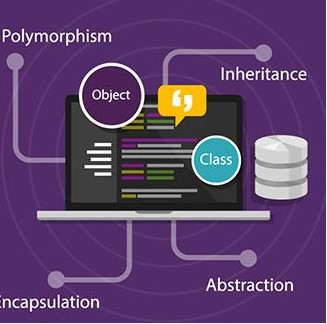
Before proceeding further, If you’re interested in Java Full Stack Development, then master front-end frameworks, back-end technologies, and database management. If you’re looking for a professional future in Java Full Stack Development, consider joining GUVI’s Java Full Stack Developer Course
. With placement assistance included, you’ll master the Java stack and build real-world projects to enhance your skills.
What are OOPs in Java?
Java is an object-oriented programming language that helps the program to improve its readability and reusability. It allows the Java program to create methods and variables and use them in the program taking care of its security as well.
If you’re a beginner and searching for a course that can give you an in-depth knowledge of Java, Java for Beginners is the best course that you can enroll in and dive deep into the concepts of Java.
OOPS Concepts in Java
- Object
- Class
- Abstraction
- Inheritance
- Polymorphism
- Encapsulation
1. Object
Objects are created in a class, also called instances of a class. Just like a simple object (in the real world), objects in Java also have a state and behavior. Objects are self-contained consisting of methods and properties. Objects are the basic concept of OOPs which contains a real-world entity that takes up some space to store the data.
An object can be created in Java with many objects, which could be invoked by interacting methods. Like a dog, or chair, which has its attributes, an object in a program also has the same. Also, it has some properties and functions.
2. Class
The second important concept of OOPs in Java is class. Class is a collection of objects, which don’t consume any space in the memory. A class contains fields, methods, and constructors. Multiple objects can be created using classes with the same behavior which saves the time of writing the same code multiple times.
All the objects and methods in a class have the same properties. The best example is “Car” which is a class and “Mercedes”, “Audi”, and “BMW” are the objects in the class Car.
Apart from object and class, the basic and most important concepts are Abstraction, Inheritance, Polymorphism, and Encapsulation.
3. Abstraction
Abstraction is a process that only displays the information which is necessary, the rest of other is hidden. The main objective of abstraction is data hiding which reduces the complexity of a program. In Java programs, abstraction is objects, classes, and variables that represent more complex code and data. The properties and behavior of an object differentiate it from other objects of similar type. Abstract has abstract classes and abstract methods.
An abstract class defines the type of class declaring one or more abstract methods whereas abstract methods have the definition of the method, not the implementation. A real-life example of abstraction is an ATM machine that only shows you the amount to be taken out and hides the PIN which is confidential.
4. Inheritance
Inheritance is another main concept of OOPs used in Java in which an object inherits another object’s properties, it supports hierarchical classification. A class can easily inherit the properties of another class using the inheritance concept in OOPs. It is like a relationship between parent-child.
Using the extend keyword, you can implement the inheritance concept. Without wasting your time, you can create the same property of a class by sharing the attributes of an already existing class.
5. Polymorphism
Another important concept in Java is Polymorphism which means performing a single action in many different ways. It is of two types – compile-time polymorphism and runtime polymorphism. Polymorphism allows you to reduce the complexity by allowing the same interface used as a general class of action.
There are two forms of polymorphism – method overloading and method overriding.
- Method Overloading – A single method may perform different functions depending on the context in which it’s called.
- Method Overriding – You can use one method in many ways depending on whether it’s invoked by an object of the parent class or an object of the child class.
6. Encapsulation
Just like all the ingredients in a capsule, encapsulation is an important OOPs concept that binds together the code and the data in a single unit and takes care of safety. You can only access the data using the current class’s methods. It is a method of keeping fields within a class private, and then providing access to those fields via public methods.
You can also reuse the code components or variables without any open access to the data system-wide. The fields of a class are read-only or write-only. Also, performing unit testing while testing the code becomes easy in encapsulation.
| Kick-start your Programming career with Java using GUVI’s best rated course and become a master of Java. |
Advantages of OOPS
- High productivity during software development
- Code reusability and redundancy
- Good in problem-solving
- High in security
- Modular structure and flexibility
- Improved software maintainability
- Easier troubleshooting
- Code flexibility
- Lower development cost
- High-quality software
Conclusion
You must have an in-depth knowledge of OOPs concepts if you want to clear tech interviews in one go. Try implementing all OOPs concepts in Java to gain practical knowledge of it. These OOPs concepts are the basic steps to building large projects. Thus, these are the first steps in your career journey. Keep Learning and Keep exploring.
Begin your career journey with GUVI’s Java Full Stack Developer Course, providing placement assistance. Master essential technologies including Java, Maven, Eclipse, HTML, CSS, MongoDB, and more while working on practical real-world projects to enhance your expertise.

























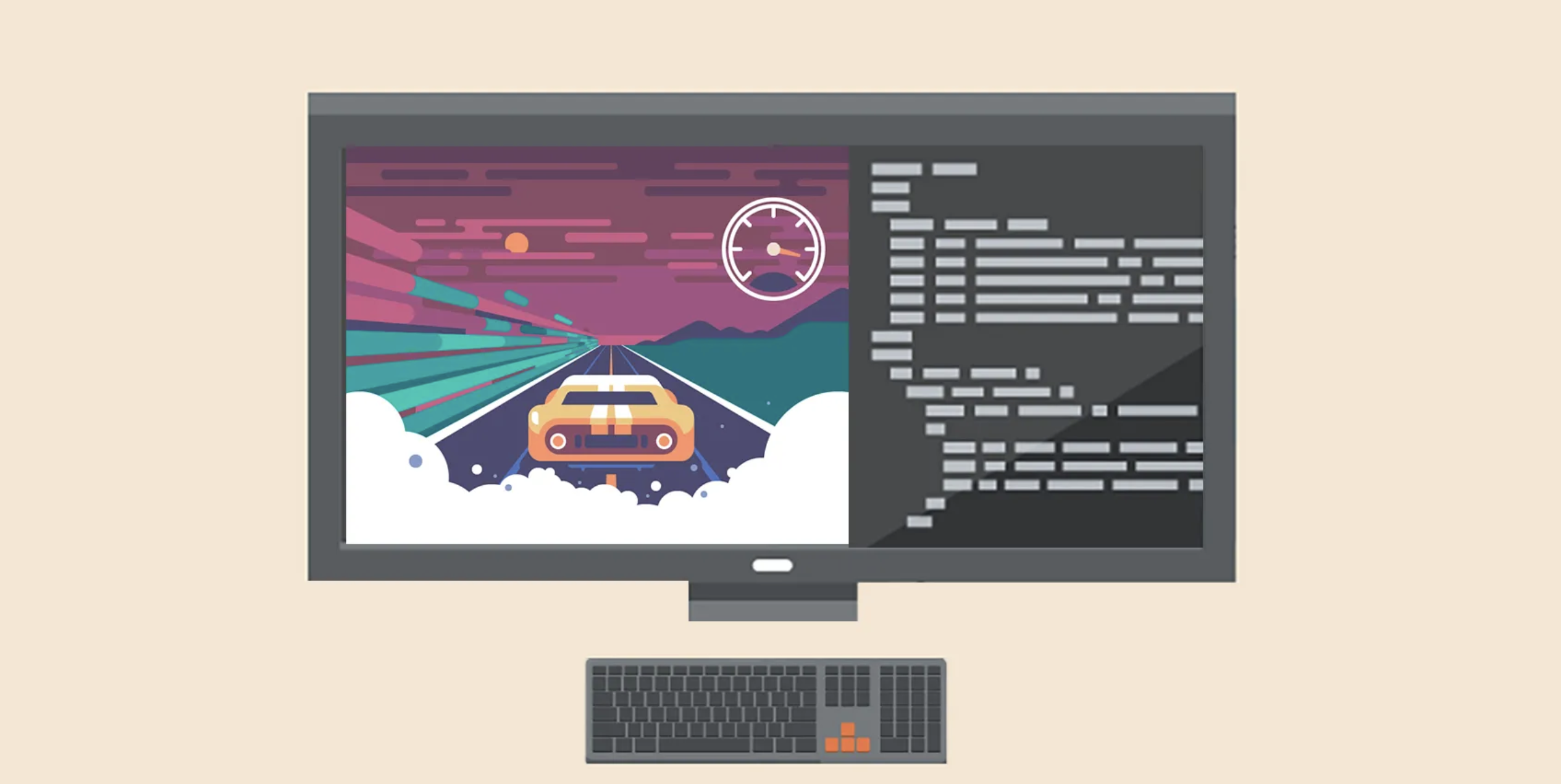
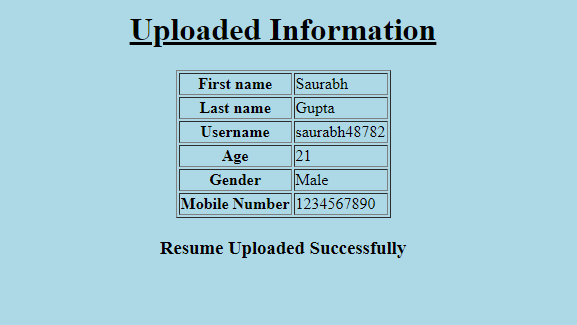
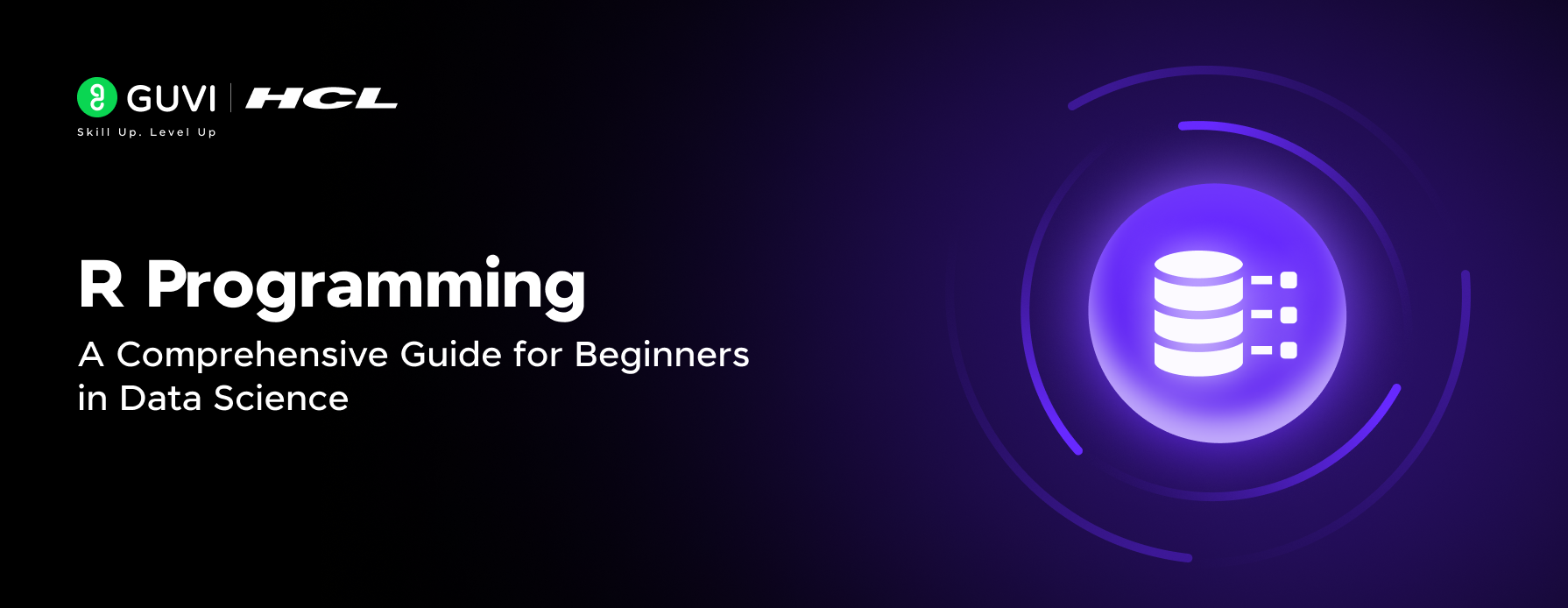



Did you enjoy this article?